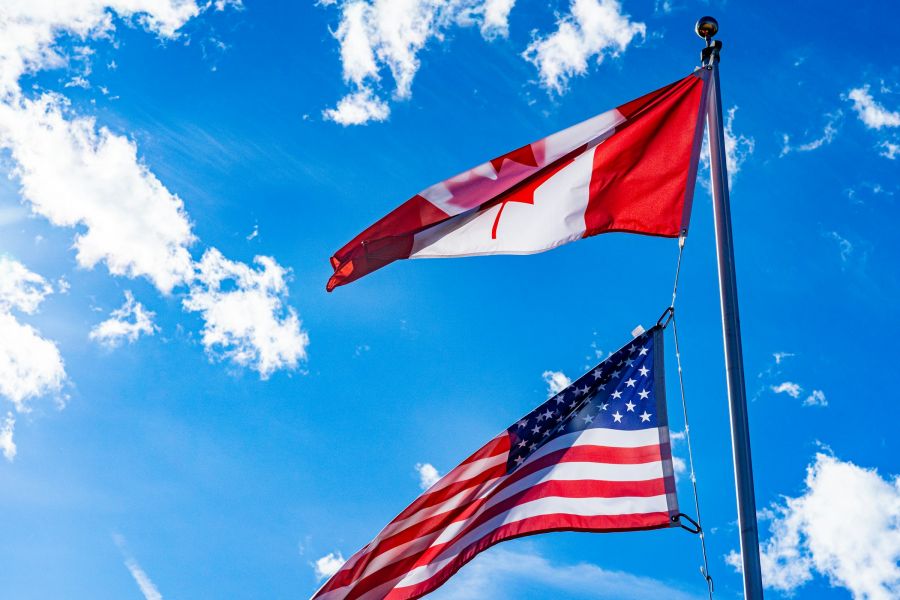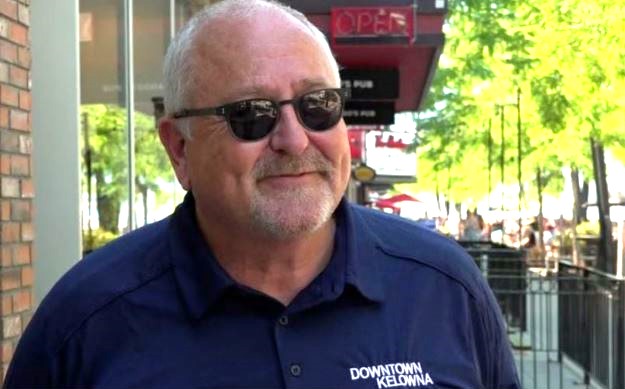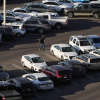Search KamloopsBCNow
- Food & Drink
- Biz+Tech
- Columns
- Travel & Lifestyle
- Arts & Culture
- News & City Info
- Events
- Webcams
- Advertise
- Real Estate
- Contests
- Best Of the city
- Faces of Kamloops
- More
- Real Estate Listings
- Subscribe
- Contact
Array
(
[Site] => Array
(
[id] => 4
[url] => www.kamloopsbcnow.com
[name] => KamloopsBCNow
[created] =>
[modified] => 2025-04-14 15:07:53
[is_ecommerce] =>
[google_id] => UA-57540714-1
[timezone] => America/Vancouver
[logo] => kam-now.png
[logo_white] => 5de05f25-e6dc-4ba7-82df-1869d8b0b5a6.png
[merchant_id] =>
[weather_id] =>
[facebook_api_key] => 735124966579341
[facebook_app_secret] => b5ec3c3e808d711cb65f0e0f2db1a644
[rottentomatoes_api_key] =>
[city] => Kamloops
[url_nice] =>
[background_image] => 63d98f9c425e6.png
[background_start] => 2023-03-07 13:00:00
[background_end] => 2023-03-09 23:45:00
[background2_image] => 63d85773dafd9.png
[background2_start] => 2023-03-02 00:00:00
[background2_end] => 2023-03-02 23:45:00
[alert] =>
[square_logo] => 56d869af-e408-49d7-8be4-3b20d8a83521.jpg
[spring] =>
[summer] =>
[fall] =>
[winter] =>
[homepage_id] => 604
[show_in_navigation] => 1
[navigation_slug] => july_2019
)
)
1


















